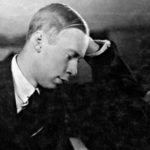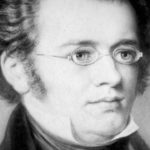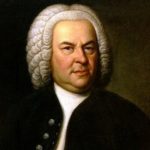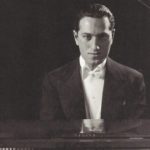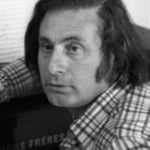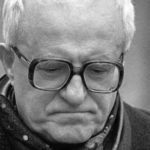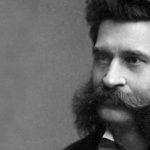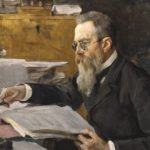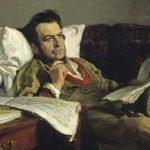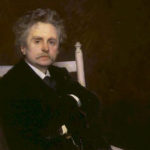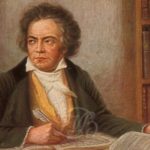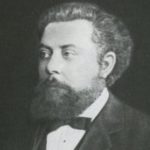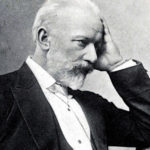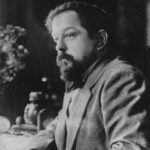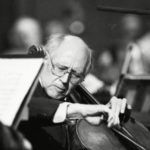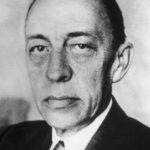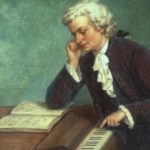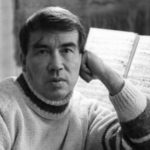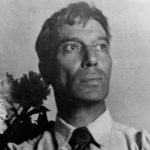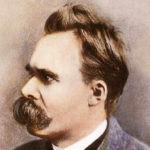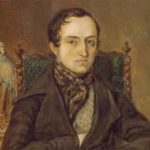Interesting facts about Franz Liszt
 Hungarian composer Franz Liszt has become one of the most prominent composers of 19th century music, and it would have been difficult to challenge this fact. His innovative approach to many creative moments, an incredible musical talent, delicate ear and a good education turned him into a truly memorable person. He himself died a long time ago, but he lives among people, as do other musicians and composers, as long as their music is played in the world.
Hungarian composer Franz Liszt has become one of the most prominent composers of 19th century music, and it would have been difficult to challenge this fact. His innovative approach to many creative moments, an incredible musical talent, delicate ear and a good education turned him into a truly memorable person. He himself died a long time ago, but he lives among people, as do other musicians and composers, as long as their music is played in the world.
The future composer was the only child in the family. His parents were relatively well off, and belonged to the peasant class, serving one of the Hungarian nobles.
Since the “head” of the young Ferenc’s parents favored art in general and music in particular, he kept his own orchestra. It was with this orchestra that Ferenc first took the cello in his hands.
Father Franz Liszt, seeing his son’s inclination for music, strongly encouraged his studies in this direction.
When the boy was 8 years old, his father began to organize his performances in the homes of local nobility. The performances of the young musician were a great success, and the glory of the “new Mozart” was predicted for him.
Franz Liszt tried to enter the Paris Conservatoire, but could not do it because of discrimination – only the French were accepted there.
For the whole creative career Liszt composed more than 1300 works.
It was he who initiated a new genre in the composition of music – symphonic poems.
He himself was a great pianist, and often gave solo concerts. And often the piano on the stage was several – Liszt played then on one, then on the other.
Franz Liszt composed only one opera. For a long time it was considered irretrievably lost, but at the beginning of the 20th century the missing music score was found.
Liszt argued that the music of Chopin and Paganini influenced his work.
Playing the piano, he showed such energy and emotionality that he almost always damaged the instrument, breaking his hammers and breaking the strings.
At the peak of his popularity, Franz Liszt took monastic vows and eventually took the position of abbot in one of the monasteries. He did not leave creativity, but began to compose only works of spiritual subjects.
Liszt’s last concert took place less than two weeks before his death.
